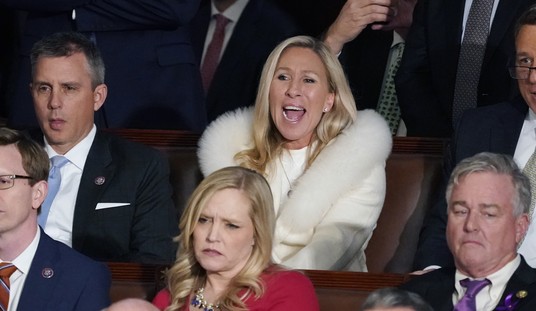It is no secret that the economic environment in the United States is in the doldrums. Market forces are global. Indeed, globalization has a large impact on institutions. It has less of an impact on the average American. Joe Six Pack is affected more by U.S. fiscal policy than monetary policy. Government urgently needs to change fiscal policy to help Joe. Since so many nations have tied their fortunes to the U.S. horse, lots of wagons will be lifted up by changes.
In any survey of economists, economic or financial blogs, or market analysts, the news is not pretty. Unemployment is very high. Some are trying to rationalize this as a “new normal,” departing from the traditional “frictional unemployment” standard of 4-5% as a benchmark. During the Clinton years, unemployment dropped to 4%, and at the time many pundits were hailing the “new economy” as an economic environment where everyone would have access to a job. The reality is that 4% unemployment is not a realistic rate, and today’s +9% isn’t either. The 5% frictional unemployment rate as postulated by economists long ago is still the best standard to define success or failure.
Since the advent of the crisis in August 2007, the Federal Reserve and U.S. Treasury Department have engaged in extraordinary machinations of monetary policy to try and stem the crisis. We have had new lending facilities, expansion of what the Fed takes as collateral, easy money, 0% interest rates, quantitative ease, TARP, TALF, incredible cooperation with other central bankers, and constant jawboning that things will be okay. Other agencies like the FDIC have been increasingly accommodative. These are extraordinary circumstances, and to combat them, we need creative and extraordinary policy.
We have reached the end of the road for monetary policy.
Government spending will not cause the economy to rebound. The Obama administration has spent more than any other administration in our nation’s history. Unemployment has risen during this spending spree. The multiplier effect of government spending is close to 0. The multiplier effect of tax moves is close to 3. This means that for every percentage decrease in a tax, there is a three percentage move in corresponding economic activity. Moving tax rates lower is the way to lift the country out of recession.
One needs a Rosetta Stone to read and understand the U.S. tax code. It will take years to reform the tax code to make it simpler and economically efficient. There are way too many sacred cows and politicians to move quickly. America doesn’t have that kind of time. There are a few simple taxes that the government can change to increase the chances that jobs are created and sustained growth can begin again.
Keep personal income tax rates where they are today. In 2011, we have a massive tax increase coming. Under the permanent income hypothesis theory, Americans are bracing themselves for the onslaught by hoarding cash. Corporations are also increasing cash balances on their balance sheets. Keeping personal income tax rates where they are today would free up a little cash for Americans to spend, and release cash so corporations can invest.
Suspend or cut the payroll tax, putting more money into the pocket of Joe Six Pack. This allows citizens to save more or spend the extra income on wants and needs. This would be a temporary cut, but it would allow breathing room for the economy to work its way back to prosperity.
End the capital gains tax. It is scheduled to rise to 20% next year, and even higher if you happen to be in a higher tax bracket. This is a tax on productive resources. Chief financial officers (CFO) make decisions on how to build and deploy resources using models like the capital asset pricing model (CAPM). Eliminating this tax would cause them to make different decisions.
Instead of hoarding cash on a balance sheet, the CFO would have to make some hard decisions on how to use the cash. They would build to expand their business, buy another business, or pay dividends to their shareholders. Dividends are not just paid to the rich. They are paid to mutual funds and pension funds as well. Freeing up cash will buoy the stock market. This would not be an artificial event if the tax was suspended permanently.
Hourly wages would be increased by ending capital gains taxes. Old equipment would be retired. Workers would become more productive. Assets would be sold, and the money put into more productive assets. Significant economic expansion would occur.
Critics say that ending the capital gains tax would blow a gigantic hole in the budget. If simple tit-for-tat accounting is used to look at economic activity, they would be right. However, using simple accounting is not the correct lens to view the cut. The colossal increase in economic activity resulting from tax elimination would create a enormous amount of jobs. This would take many workers off the government dole, saving the government money in transfer payments. More employment causes more people to pay taxes, replenishing government coffers. Using dynamic economic analysis would prove the critics wrong.
Entrepreneurs would have an easier time starting a business and getting funding. The risk parameters that are calculated when funds are put into a start-up change significantly with 0% capital gains. Giving incentives to entrepreneurs is growth positive, since our future economic development depends on them.
Does anyone in Washington, D.C., have the intestinal fortitude to avert disaster? Or do they want to quietly continue to fall down the black hole of decay?









Join the conversation as a VIP Member